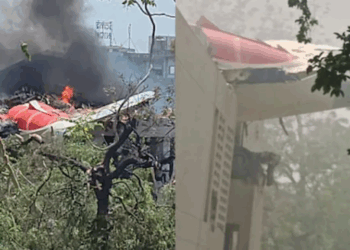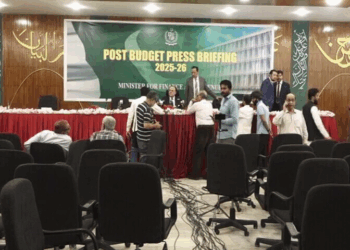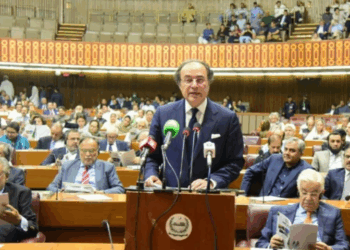Islamabad, May 27, 2025: Pakistan has strongly condemned Indian Prime Minister Narendra Modi’s recent inflammatory speech in Gujarat, labeling it as “reckless provocation” that threatens fragile regional peace.
Speaking to supporters on Monday, Modi issued a stark ultimatum to Pakistan: “Live a life of peace, eat your bread or [face my] bullet.” The Indian leader accused Pakistan of promoting terrorism while touting India’s economic rise, claiming it had surpassed Japan as the world’s fourth-largest economy.
Pakistan’s Foreign Office blasted the remarks as “undignified rhetoric unbecoming of a nuclear state’s leader,” warning they set a dangerous precedent in the volatile region. Officials particularly objected to Modi’s apparent glorification of past military strikes against Pakistan.
“This isn’t statesmanship – it’s theatrical warmongering,” the Foreign Office stated, accusing Modi of using inflammatory language to distract from alleged human rights violations in Indian-administered Kashmir.
Tensions between the nuclear-armed neighbors have spiraled since April’s deadly attack in Pahalgam, which India blamed on Pakistan without presenting evidence. New Delhi responded with sweeping punitive measures, including suspension of the Indus Waters Treaty, closure of border crossings and drastic reduction of diplomatic ties.
The crisis escalated dramatically in early May with cross-border missile exchanges and aerial dogfights that saw Pakistan down several advanced Indian jets, including three prized Rafale aircraft.
While a U.S.-brokered ceasefire halted overt hostilities on May 10, the war of words continues unabated. Pakistan has called on the international community to check what it describes as India’s “dangerous rhetoric,” reaffirming its right to self-defense under Article 51 of the UN Charter.
“Pakistan’s peacekeeping contributions and counterterrorism record speak for themselves,” the Foreign Office stated, contrasting this with what it called India’s “growing majoritarianism and systematic persecution of minorities.”
Analysts warn the continued verbal sparring risks undermining the shaky truce, with both nations maintaining heightened military alert levels along their contested border.








